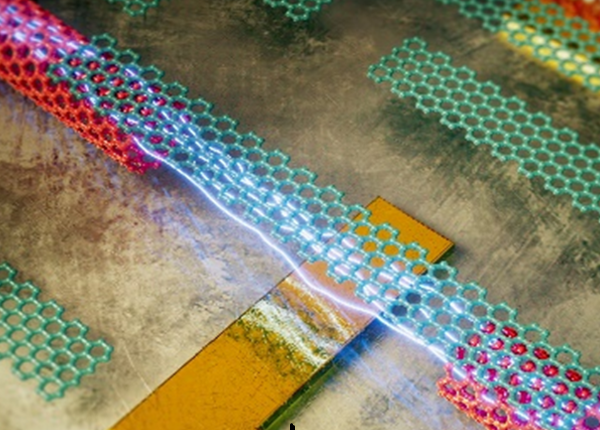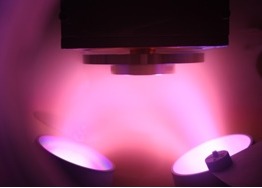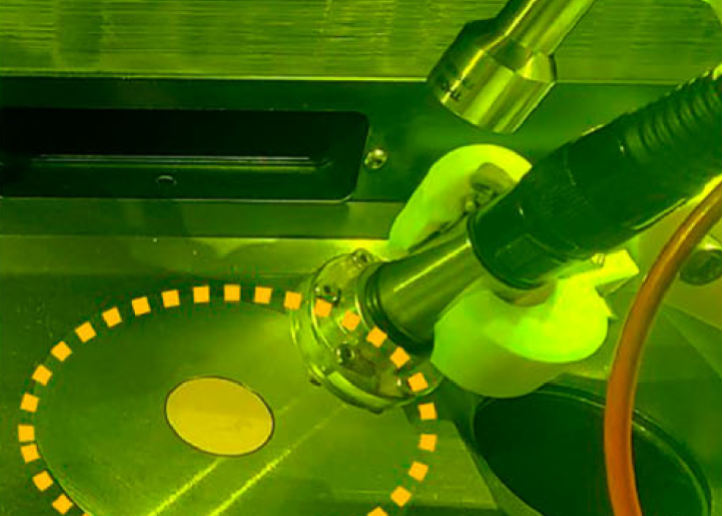Nanoscale Materials & Manufacturing Technologies
Our vision is to design tailored solutions for the requirements of next-generation products and applications through innovative materials and advanced manufacturing technologies. Drawing from materials design, synthesis and characterization at the nanoscale, we develop new approaches by integrating theory, high-throughput processes and experiments. We also consider manufacturing technologies and investigate new process routes as well as monitoring technologies to drive use-inspired basic research.
Goal of the Research Focus Area
The goal of the RFA Nanoscale Materials & Manufacturing Technologies is to combine a wide range of competences in materials science and technology development in an interdisciplinary manner and thus develop scientifically sound and economically viable solutions for industry and society, which are driven through initiatives to address today's major challenges. Thereby we build upon our scientific excellence and fundamental research in selected fields where we see applications strategically relevant to our RFA at the horizon, which we combine with our expertise in efficient technology transfer to key Swiss industry sectors.






